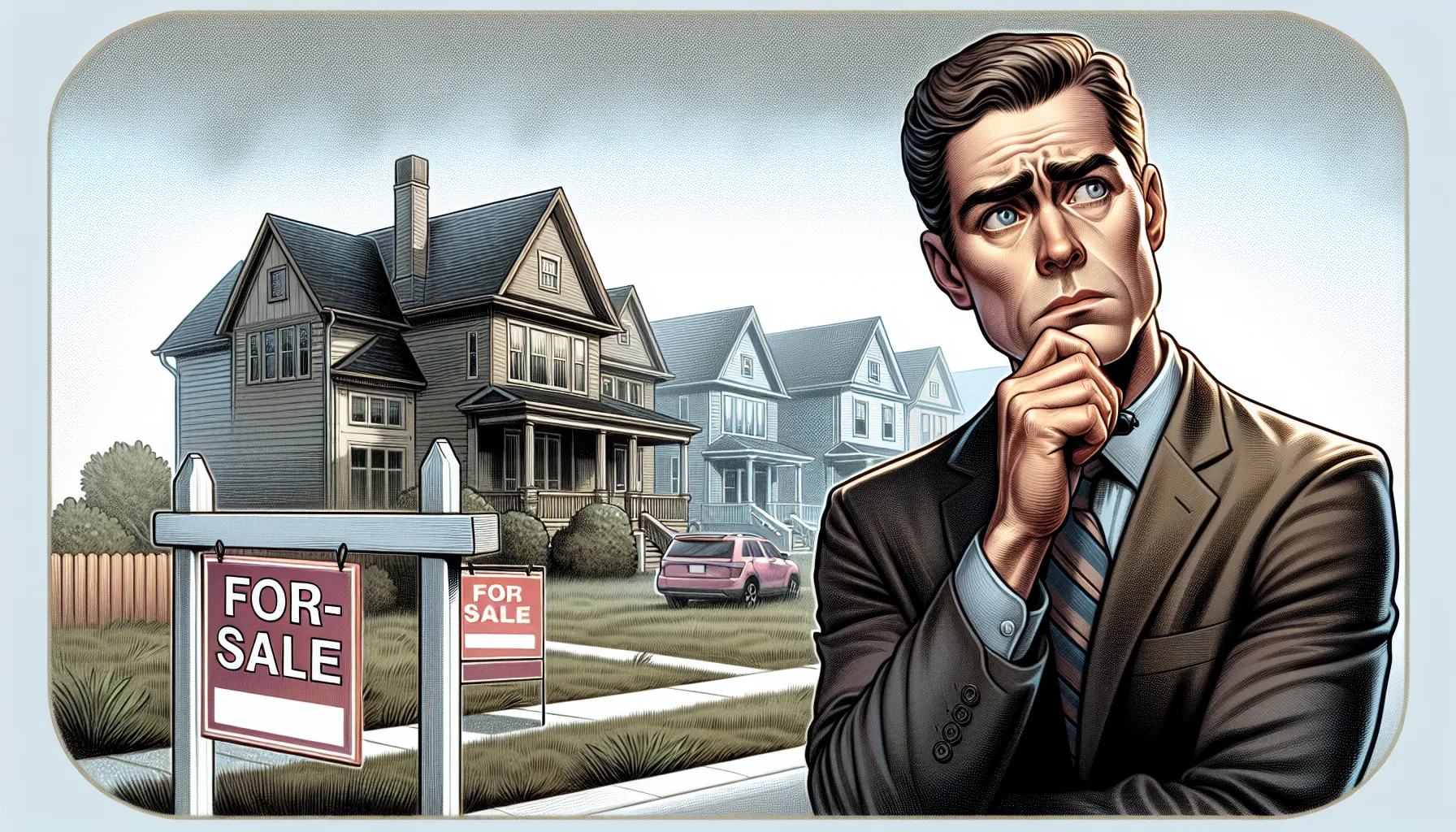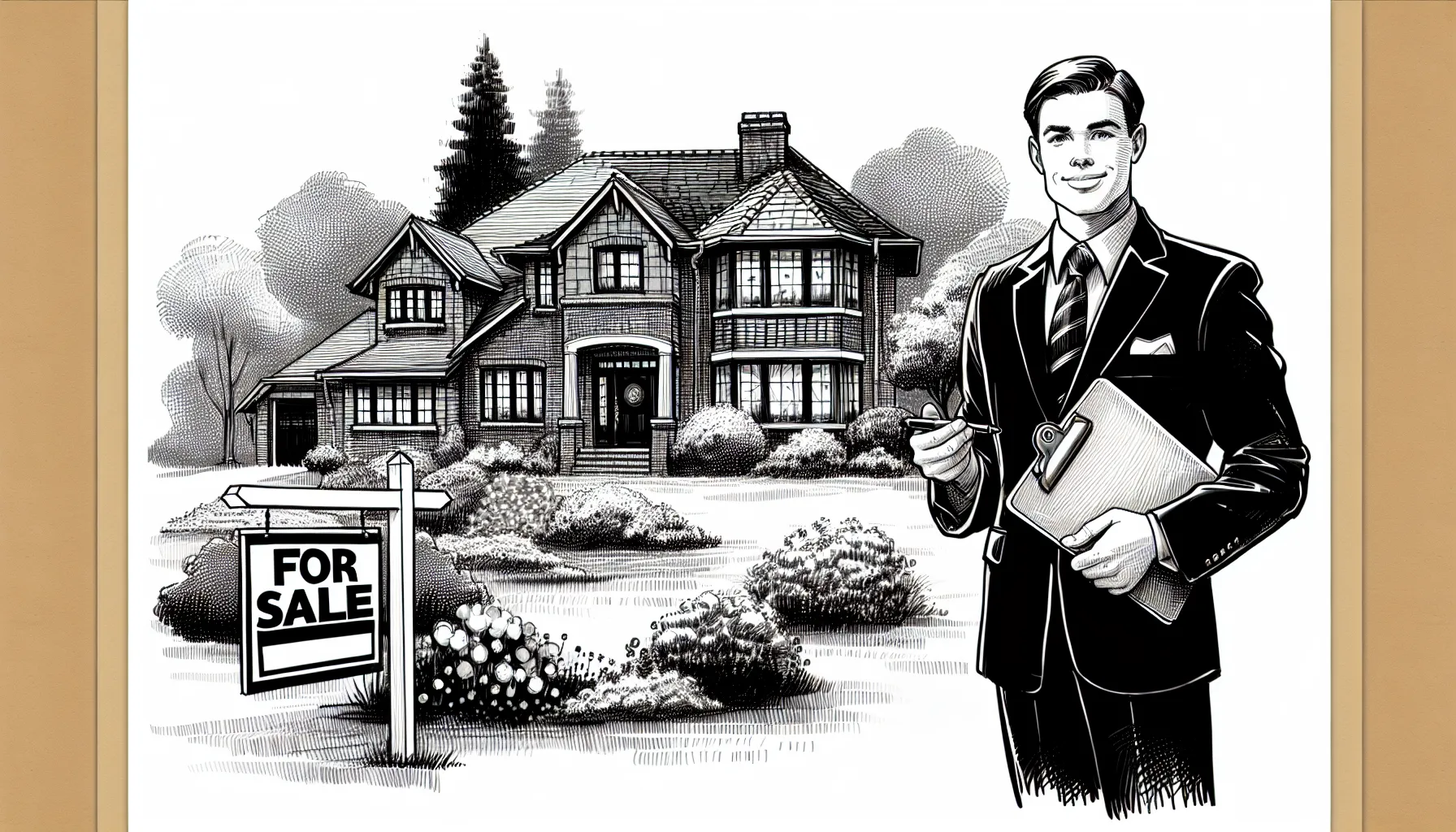Key Takeaways
- Quick Sale Advantages: Selling a home at auction often leads to faster sales, typically within 30 days, appealing to those needing immediate liquidity or resolution.
- Potential for Competitive Bidding: Auctions can encourage buyers to place higher offers, sometimes resulting in a sale price above the initial asking price due to competitive interest.
- Risks of Uncertainty: Unlike traditional sales, auctions bring uncertainty regarding the final sale price; weak bidding can result in a sale below the home’s market value.
- Understanding Fees: Sellers should be aware of various auction-related costs, including fees, advertising, and commissions, which can reduce overall profits.
- Choosing the Right Auction House: Partnering with a reputable auction house is essential for marketing success; research their track record and marketing strategies to enhance property visibility.
- Preparation is Key: Preparing your home effectively, including decluttering, minor repairs, and setting a realistic reserve price, can significantly impact the auction outcome and attract serious buyers.
Selling a home at auction can feel like a wild ride, but it offers unique opportunities for those ready to dive in. It’s not just about the thrill of bidding; it’s about finding the right buyer quickly and often at a competitive price. We’ve all heard stories of homes selling for far above asking price, but what does that really mean for us as sellers?
In this article, we’ll explore the pros and cons of auctioning your property, helping you weigh the benefits against potential drawbacks. We’ll guide you through the steps to get started, from choosing the right auction house to understanding the auction process itself. Whether you’re looking to sell fast or simply curious about the auction world, we’ll provide the insights you need to make an informed decision.
Selling a Home at Auction: An Overview
Selling a home at auction presents unique opportunities for homeowners looking to expedite the selling process. Auctions can attract serious buyers, often fostering competitive bidding that may drive the sale price higher than expected. We navigate this option by recognizing its distinct nature compared to traditional sales. With a set timeline and specific terms, auction sales often conclude within weeks instead of months, making this method appealing for those needing a quick resolution.
However, understanding the auction method involves weighing pros and cons. Benefits include lower marketing costs and a transparent selling process that can lead to quicker cash offers. Conversely, potential downsides exist; sellers might receive less than the home’s worth if bidding is weak. We find that some individuals fear a loss of control over the sales process, as auctioneers set terms and conditions that may not align with personal preferences.
Equipped with knowledge, we can better prepare for an auction by partnering with reputable auction houses. Researching auction firms ensures we understand their selling strategies, fees, and marketing reach. Engaging with experts can help clarify how to present our property effectively, emphasizing its strengths while being transparent about any weaknesses.
As we contemplate selling a home at auction, it’s crucial to ask ourselves whether the potential speed and convenience align with our financial goals and expectations. Each decision carries implications, and understanding the auction landscape can enhance our ability to make informed choices in the real estate market.
Pros of Selling a Home at Auction

Selling a home at auction offers distinct advantages that can significantly benefit homeowners. We explore these pros in detail below to help guide informed decisions during the selling process.
Quick Sale Process
A crucial advantage of selling a home at auction is the rapid sale cycle. Auctions create a set timeline, often leading to a sale in as little as 30 days. This quick turnaround appeals to sellers needing immediate liquidity due to financial obligations or personal circumstances. Additionally, the auction’s deadline drives buyers to act quickly, which can result in a faster closing. For instance, a property that might linger on the market for months could receive offers in just a few weeks at an auction.
Competitive Bidding
Competitive bidding is a defining feature of auctions, often encouraging buyers to place offers above the initial asking price. The transparent bidding environment creates excitement and may lead to multiple interested bidders vying for a property. This competition can push the sale price higher than what a seller might achieve through traditional channels. For example, a home listed for $300,000 could see bids rise to $350,000 or more if several buyers feel motivated to win. Sellers benefit not only from the potential for a better sale price but also from a validated market value determined through competitive interest.
By understanding these advantages, we can better appreciate how selling a home at auction may align with specific goals and needs.
Cons of Selling a Home at Auction

Selling a home at auction presents specific drawbacks that we must consider. Understanding these cons can help us make informed decisions about whether this method aligns with our goals.
Uncertainty of Final Price
Uncertainty about the final sale price poses a significant risk for sellers at auction. Unlike traditional sales, which allow for negotiations and strategic pricing, an auction’s dynamic environment can lead to unpredictable outcomes. If bidding is weak, the home may sell for considerably less than its market value. For example, properties with high starting bids could deter potential buyers, resulting in lower competition and a final price that fails to reflect the home’s true worth. This unpredictability necessitates careful evaluation of the local market before committing to an auction.
Auction Fees and Costs
Auction fees and costs can impact the overall financial outcome of selling a home. Sellers typically incur various expenses, such as listing fees, advertising costs, and auction house commissions, which usually range from 5% to 10% of the final sale price. These fees can diminish profits, especially for properties that sell for less than anticipated. Additionally, upfront costs associated with preparing the property and meeting auction requirements can add financial strain. It’s essential to factor these costs into our pricing strategy to avoid unexpected expenses that could affect our net proceeds.
How to Get Started with Selling a Home at Auction
Selling a home at auction requires careful planning and strategic actions. We’ll explore essential steps like choosing the right auction house, preparing your home for auction, and setting a reserve price to ensure a successful sale.
Choosing the Right Auction House
Choosing the right auction house is crucial for a successful auction experience. Research various auction houses to find one with a good reputation and a proven track record in your area. Review their marketing strategies and examine how they promote properties to attract buyers. For instance, some establish strong online presences, while others leverage local advertising channels. Check reviews and testimonials from past sellers to gauge satisfaction levels. Collaborating with an auction house that understands your unique property will enhance visibility and buyer interest, ultimately affecting the sale outcome.
Preparing Your Home for Auction
Preparing your home for auction significantly impacts buyer interests and bids. Start by decluttering the space to create an inviting atmosphere and emphasize the home’s features. Consider minor repairs like fixing leaks or painting walls to boost visual appeal. Staging the home can also enhance perception, allowing potential buyers to envision themselves in the space. Additionally, gather all necessary documents, including title information and property disclosures, which will provide transparency during the auction process. An appealing and well-prepared home can lead to competitive bidding and higher sale prices.
Setting a Reserve Price
Setting a reserve price is a critical element of the auction process. The reserve price acts as the minimum acceptable bid that ensures we do not sell our property for less than its worth. When determining this price, consider the home’s market value and recent sales of similar properties in the area. Researching comparable sales helps establish a realistic reserve that aligns with our financial goals. Keep in mind, if bidding does not reach the reserve price, the property may not sell, which necessitates a backup plan. A carefully set reserve price balances the possibility of a successful sale with the risk of underpricing our home.
Conclusion
Selling a home at auction can be an exciting and effective way to reach potential buyers quickly. By understanding the pros and cons we can make informed decisions that align with our financial goals.
Choosing the right auction house and preparing our home properly are crucial steps in this process. While there are risks involved we can mitigate them by setting a reserve price and ensuring our property is well-presented.
Ultimately the auction route offers a unique opportunity for those willing to embrace its challenges. With the right approach we can leverage the competitive bidding environment to achieve a successful sale.
Frequently Asked Questions
What are the benefits of selling a home at auction?
Selling a home at auction offers several benefits, including a quick sale process that can occur within 30 days. The competitive bidding environment can drive prices above the initial asking price, attracting serious buyers and ensuring a transparent selling process.
What are the disadvantages of auctioning a house?
The disadvantages include the uncertainty of the final sale price, which might be lower than expected if bidding is weak. Sellers also face auction fees and costs that can affect overall profits, along with less control over the sale compared to traditional methods.
How do I choose the right auction house?
Selecting the right auction house involves researching their reputation, marketing strategies, and fees. Look for a company with a proven track record in your area and one that aligns with your specific needs to attract the right buyers.
How can I prepare my home for auction?
To prepare your home for auction, declutter, make minor repairs, and consider staging to enhance its appeal. Presenting a well-maintained property can attract more bidders and potentially yield a higher sale price.
What is a reserve price in an auction?
A reserve price is the minimum price a seller is willing to accept for their property. Setting a reserve price helps protect the seller from accepting less than the home’s market value, ensuring a more controlled auction outcome.






